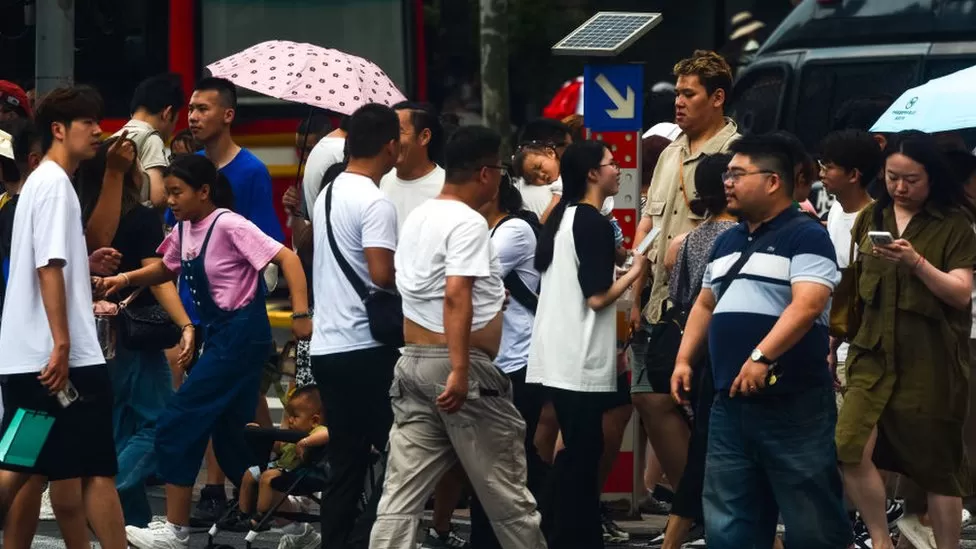Coco Lee: Death of pop icon sparks mental health discussion in China
It has shocked the Chinese-speaking world, and sparked discussions of mental health issues on Chinese social media.
According to Carol and Nancy’s Facebook posts, Lee died after attempting to take her own life over the weekend. She was 48 years old.
Additionally, they revealed that she had recently suffered from depression.
Known for her electrifying energy and megawatt smile, the Hong-Kong-born American singer was a household name in China. On Wednesday night, many people were in disbelief after hearing the news late at night.
“She was always the sunshine girl who loved to sing, dance, and smile,” reads a comment liked by more than 3,000 people on Weibo, the country’s Twitter-like platform.
Another top-liked comment read, “Is there still a happy person in this world then?”.
Many of the tributes referred to the mental health issue described by her family.
State media outlets like CCTV, People’s Daily and China Daily have produced content to raise people’s awareness of mental illness and depression through hashtags like “how close depression is near you” and “symptoms of depression”.
Shanghai New York University assistant professor of sociology Jia Miao says, “People can feel this is becoming increasingly pressing.”
A rapidly growing number of Chinese are suffering from mental health problems, and the health care system is not yet fully prepared.
Chinese society has long stigmatized depression and mental illness. It is common for people with mental health issues to be referred to as people who are out of their minds, as the Chinese term for mental illness, ‘jingshen bing’, sounds similar to that of a mad person, ‘shenjing bing’.
Founder of the “Depression Research Institute” social media account Ke Ren says Chinese patients are largely underdiagnosed.
Ms Ren says “we would hear things like ‘someone didn’t get a good grade at school so they jumped off the building’.” We never got a chance to ask these people what exactly happened.

Since China’s economy has advanced rapidly in the last decade or so, individual pressure has increased.
As competitions at school and in the workplace have become fiercer, and mental health issues have gained attention from society, said Dr Miao from Shanghai New York University.
As more people became aware of these issues, they became more willing to share their experiences with their families and friends, and seek professional help, which changed attitudes toward the topic.
Depressed populations in China are on the rise. According to a study published in 2019, one out of seven Chinese residents will suffer from mental illness at some point in their lives.
The experiences of successful people also began to be shared.
Huawei’s founder, Ren Zhengfei, revealed he once suffered from severe depression and anxiety in a 2015 article. The founder of tech company Sohu, Zhang Chaoyang, has openly addressed his past depression experiences several times.
Chinese governments’ strict “zero-Covid” policy and the pandemic have also contributed to the deaths.
“People’s anxiety has always been there, and is now even more intense,” Dr Miao said. “The pandemic has caused people to experience mental health problems,” he said.
China’s mental health and social pressure have been the subject of fierce discussion since four young people killed themselves earlier this year at a popular tourist attraction.
Attempts have been made by the Chinese government to address this issue.
In big cities, community units have designated people who look after the mental health of elderly residents, according to Dr Miao.
Nonetheless, there are not enough qualified professionals. The state-run China Youth Daily reports that only 64,000 psychiatrists were practicing in China at the end of 2021.
Despite the rapid pace of social awareness, mental health illnesses have a long way to go in diagnosis and treatment in China, said Dr. Miao.
